Announcing the 2024 Bonnie Campbell Hill National Literacy Leader Award Call for Applications3/18/2024
Mary Ellen Oslick on behalf for the 2024 Bonnie Campbell Hill National Literacy Leader Award Committee We're excited to invite our NCTE member-leaders who are Classroom Teachers or Literacy Coaches or Teacher Educators to apply for the 2024 Bonnie Campbell Hill National Literacy Leader Award, with funding of $2,500, plus a $150 Heinemann grant. In the realm of literacy education, there are champions who go beyond the ordinary, imparting knowledge and igniting a love for learning. The Bonnie Campbell Hill National Literacy Leader Award celebrates excellence in literacy education as it makes a lasting impact on students' lives and the professional development of other educators, while honoring and maintaining the literacy legacy of Dr. Bonnie Campbell Hill. It recognizes two literacy leaders annually and is generously funded by Dr. Hill's family. Why Apply for the Bonnie Campbell Hill National Teacher Award?
Your proposed plan could focus on attending a workshop, class, or conference with colleagues (e.g., NCTE). As part of your work as a literacy leader, you could design classes, workshops, or literacy-focused events. Your team of colleagues might appreciate a professional book study. Be creative as you plan your proposal but please be mindful of the award requirements as you prepare your application. The professional development plan should address key elements that are listed in the rubric, outlining why you would be a strong candidate for these monies and your vision for how this support would allow you to improve and enhance teaching and learning for students and/or teachers. Submission of all application materials is required no later than August 10, 2024. The award application is available at the Bonnie Campbell Hill Literacy Leader Award page on the CLA Website. If you're unsure whether you and your ideas are award-worthy, please see the prior BCH Award recipients and learn about their proposals.
Mary Ellen Oslick is the chair of the Bonnie Campbell Hill National Literacy Award Committee and associate professor at Stetson University. By Nancy J. JohnsonWe're excited to invite our CLA member-leaders who are Classroom Teachers or Literacy Coaches or Teacher Educators to apply for the 2023 Bonnie Campbell Hill National Literacy Leader Award. Without a doubt, the past few years have tested your teaching in ways that defy imagination. CLA salutes your knowledge, creativity, innovative pedagogy, including how you've re-imagined resources that keep literacy learning at the heart of your students' lives. Now it's time to channel your hopes and dreams as a teacher of readers and writers by applying for the 2023 Bonnie Campbell Hill National Literacy Leader Award. Who is Bonnie Campbell Hill and what is this award? Bonnie Campbell Hill was a teacher, literacy leader, reader and writer, and a good friend of CLA. Bonnie worked extensively in elementary and middle schools, mentoring teachers around the world, and collaborating with them at state, national, and international conferences. Her teaching and writing (including nine books and numerous articles) centered around literature circles, writing instruction, classroom-based assessment, developmental continuums, portfolios, and student-led conferences. Following a cancer diagnosis 13 years ago, Bonnie dreamed of opportunities to continue her fierce advocacy for teachers as literacy leaders. In fall 2010, her family, friends, and colleagues launched Bonnie's Big Idea, a project to honor and maintain her literacy legacy. The Bonnie Campbell Hill National Literacy Leader Award is an outgrowth of Bonnie's Big Idea. It recognizes two literacy leaders annually, and is generously funded by Dr. Hill's family. CLA is honored to serve as the home for this national award. What does this award mean for you? This award recognizes your role as a literacy leader and provides funding ($2,500 plus $150 in professional materials published by Heinemann) to support your own big literacy-related ideas. We recognize the role you play as a literacy leader, whether in your classroom, your school, or even your greater educational community. Now it's time to dream about -- and create -- opportunities that turn your challenges, your questions, your professional needs, even your hopes and dreams into reality. You can do that through a Bonnie Campbell Hill National Literacy Leader Award. What goes into your application? How do you apply? Start with your own big ideas about literacy learning/teaching and professional development. If you were granted $2,500, how could you use that money to support your work as a literacy leader for grades K-8? Your application must include a proposed plan, a budget, your resume or vita, and a letter of support from an administrator/supervisor. Your proposed plan could focus on attending a workshop, class, or conference with colleagues. OR you could design classes, workshops, or literacy-focused events to support your work as a literacy leader. OR You could sponsor a professional book study for a team of colleagues. OR ... You're welcome to be creative as you plan your proposal, but remember to use the award requirements as you prepare your application. These include: membership in both NCTE and CLA and submission of all application materials no later than August 10, 2023. To learn how to apply, access the 2023 BCH National Literacy Leader Award Application Call (PDF, Word Document). Further Information about the award is available on the award page on the CLA Website. If you're unsure whether you and your ideas are award-worthy, you might find it valuable to "meet" some of the prior BCH Award recipients and learn about their proposals.
Nancy J. Johnson is the co-chair BCH National Literacy Award Committee and professor emerita, Western Washington University. Conducting a Writing Cohort with the Support of the Bonnie Campbell Hill AwardBY KATIE SCHRODT
CLA Blog: Knowledge is Power: Mirrors, Windows, and Sliding Glass Doors BY MELISSA ANTINOFF 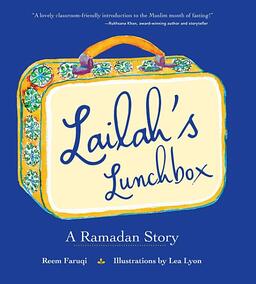 I was honored to be named one of the 2020 Bonnie Campbell Hill National Literacy Leader Award recipients. My project was to continue my equity work as a literacy leader. It is imperative that every classroom in every school district has books with BIPOC characters by BIPOC authors. Students need to see themselves in books (like a mirror) and see the rest of the world as well (like looking out a window). Books are the perfect gateway for this (like a sliding glass door that automatically opens and invites you in). While I have learned so much from the conferences I have attended so far this year, the most important piece of knowledge I’ve gained is that my equity work has spread from my school to my community. I now have language to teach my friends and family how to advocate for BIPOC and LGBTQ+ communities. Recently, the fervor over Dr. Seuss Enterprises no longer publishing 6 books with racist imagery was all over my social media feeds. I was shocked and disappointed by friends that thought the company was “going overboard.” One friend even said, “If you don’t like it, don’t buy it.” I replied with pictures of the offensive illustrations by Seuss, explaining why those 6 books were no longer going to be published. I used the analogy of windows. mirrors, and sliding glass doors to explain how none of those pictures have a place in our society. As librarian Leslie Edwards said, “A book published in 1937 with images that are considered racist by the group publishing the book...doesn't have a place in an elementary classroom or school library in 2021. Nostalgia isn't a reason for keeping a book. In schools and school libraries, the collection should reflect diverse viewpoints in an age- and developmentally appropriate manner. These diverse viewpoints should not demean or diminish others.” Some of my colleagues refuse to even touch the subject of racism and prejudice with their students, much less have diverse books in their classroom libraries. Last year, when I used our language arts budget for diverse books for each of my grade level’s classroom libraries, a colleague told me that the money was better spent on other materials. After attending my workshop on Culturally Responsive Teaching Through Diverse Literature, she changed her mind. She now could now understand the importance of a diverse library and how it will help her reach all of her students. I recently read aloud Lailah’s Luncbox, by Reem Faruqi. It’s a book about a girl fasting for Ramadan. I have a Muslim student in my third grade class that fasts. The other students now have an appreciation for her culture and she was so happy to share her knowledge with her classmates. Mirrors, windows, and sliding glass doors. With all of this professional and personal development, I now have the language and knowledge to change people’s minds. My students, colleagues, and community do, too. Katie Schrodt is a professor of literacy at Middle Tennessee State University where she works with pre-service and serving teachers. Katie’s research interests include reading and writing motivation with young children. She is one of the 2020 Bonnie Campbell Hill Award recipients. Melissa Antinoff is the 2019 Burlington County Teacher of the Year. She has been an elementary educator since 1992. Melissa specializes in developing a love of reading in her students. BY NANCY J. JOHNSONOnce again, CLA is excited to invite our member-leaders who are
Classroom Teachers
or Literacy Coaches or Teacher Educators to apply for the Bonnie Campbell Hill National Literacy Leader Award. Whether face-to-face, virtual, or hybrid, there is no doubt this past year has tested your teaching in ways that defy imagination. We salute your knowledge, creativity, innovative pedagogy, and re-imagining of resources as you've keep literacy learning at the heart of your students' lives. And now it's time to channel your hopes and dreams as a teacher of readers and writers by applying for the 2021 Bonnie Campbell Hill National Literacy Leader Award. Who is Bonnie Campbell Hill and what is this award?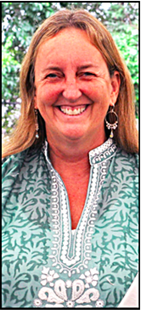 Bonnie Campbell Hill was teacher, literacy leader, reader and writer, and a good friend of CLA. She was also an internationally known educational consultant specializing in literacy instruction and assessment. Bonnie worked extensively with individual schools and school districts, mentoring teachers around the world, and collaborating with them at state, national, and international conferences. Her teaching and writing (including nine books and numerous articles) centered around literature circles, writing instruction, classroom-based assessment, developmental continuums, portfolios, and student-led conferences. Following a cancer diagnosis in 2010, Bonnie dreamed of opportunities to continue her commitment and fierce advocacy for teachers as literacy leaders. That fall, she gathered family, friends, and colleagues to help launch Bonnie's Big Idea, a project that has continued to maintain her literacy legacy. The Bonnie Campbell Hill National Literacy Leader Award is a direct outgrowth of Bonnie's Big Idea. It recognizes two literacy leaders each year, and is generously funded by Dr. Hill's family. Over the past ten years, CLA has been grateful to serve as the home for this award. What does this award mean for you?This award recognizes your role as a literacy leader and provides funding ($2,500 plus $125 in professional materials published by Heinemann) to support your own big literacy-related ideas. We recognize the unprecedented challenges you've faced as a literacy leader, whether in your classroom (virtual and in-person), your school, or even your greater educational community. Now it's time to dream about -- and create -- opportunities that turn your challenges, your questions, your professional needs, even your hopes and dreams into reality. You can do that through a Bonnie Campbell Hill National Literacy Leader Award. What goes into your application? How do you apply?Start with your own big ideas about literacy learning/teaching and professional development. If you were granted $2,500, how could you use that money to support your work as a literacy leader for grades K-8? Your application must include a proposed plan, a budget, your resume or vita, and a letter of support from a supervisor. A professional development proposal could focus on attending a workshop, class, or conference on your own or with colleagues. You might even take advantage of online classes, conferences, and events. Without having to budget for travel, you could create a dynamic proposal with enough funds to support an entire team of colleagues learning together! Perhaps you've always wanted to sponsor a professional book study or you've dreamed of doing some mentoring in your school or community. Now is the time to pursue those plans. Don't worry if your proposal includes events that eventually get cancelled (i.e. attendance at an in-person conference). Go ahead and propose plans as if they will happen. Then, if the event is cancelled, you can use the funds for the following year, or even apply them to a virtual event. In light of ongoing pandemic-related unknowns, we're offering some flexibility in how (and when) you use the award monies. Be creative as you dream up your proposal, but be sure to use the award requirements to prepare your application. These include: membership in both NCTE and CLA and submission of all application materials no later than August 15, 2021. The BCH National Literacy Leader Award application is available here (with further information on the CLA website). If you're unsure whether you and your ideas are award-worthy, you might find it valuable to "meet" some of the prior BCH Award recipients and learn about their proposals. In addition, keep your eyes open for blog post from past recipients in the coming weeks. Feel free to send questions (and eventually your proposal) to Nancy Johnson at njjohnson0303@gmail. Remember, applications are due by August 15th. Nancy J. Johnson is a Professor Emeritus of Children's/Young Adult Literature and English Education at Western Washington University. She is the Bonnie Campbell Hill Award Committee Chair for CLA. |
Authors:
|
CLA
About CLA
|
Journal of Children's Literature
Write for JCL
|
ResourcesCLA-sponsored NCTE Position Statements
|
Members-Only Content
CLA Video Library
|
© COPYRIGHT 2018.
ALL RIGHTS RESERVED |

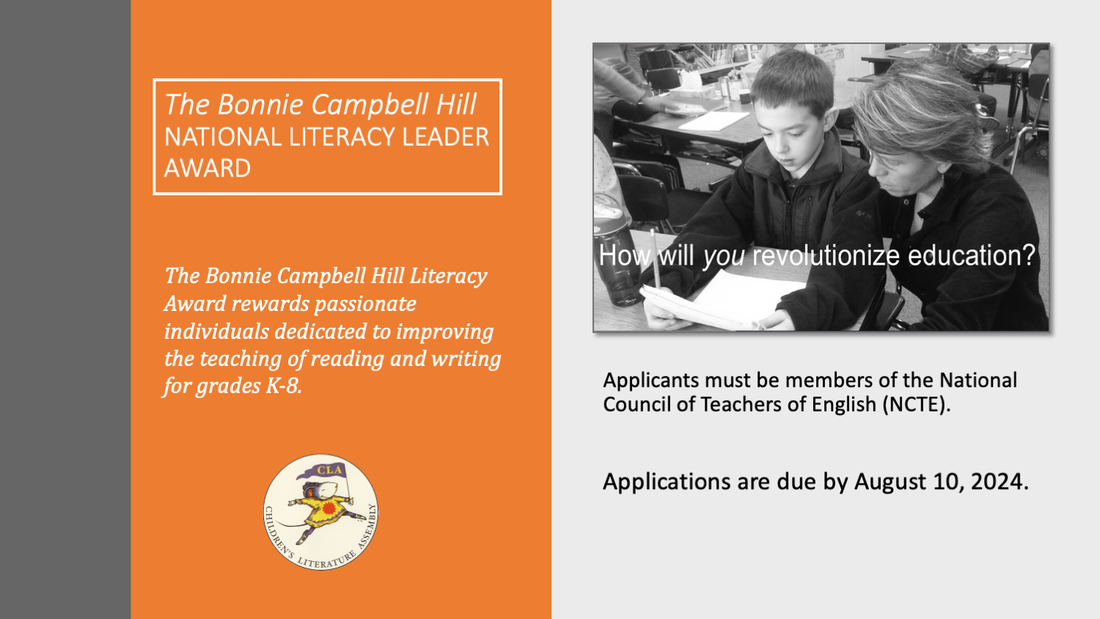
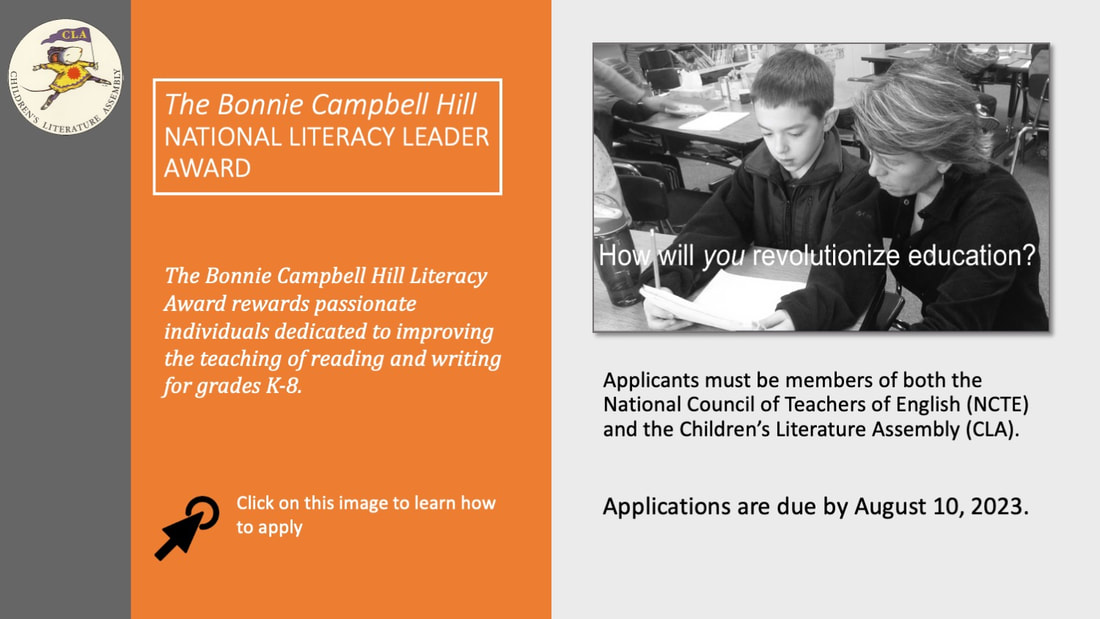
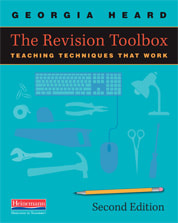
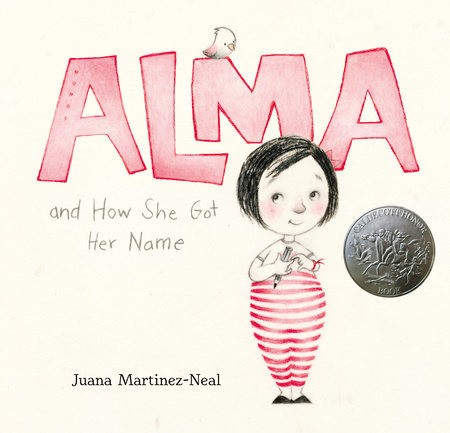
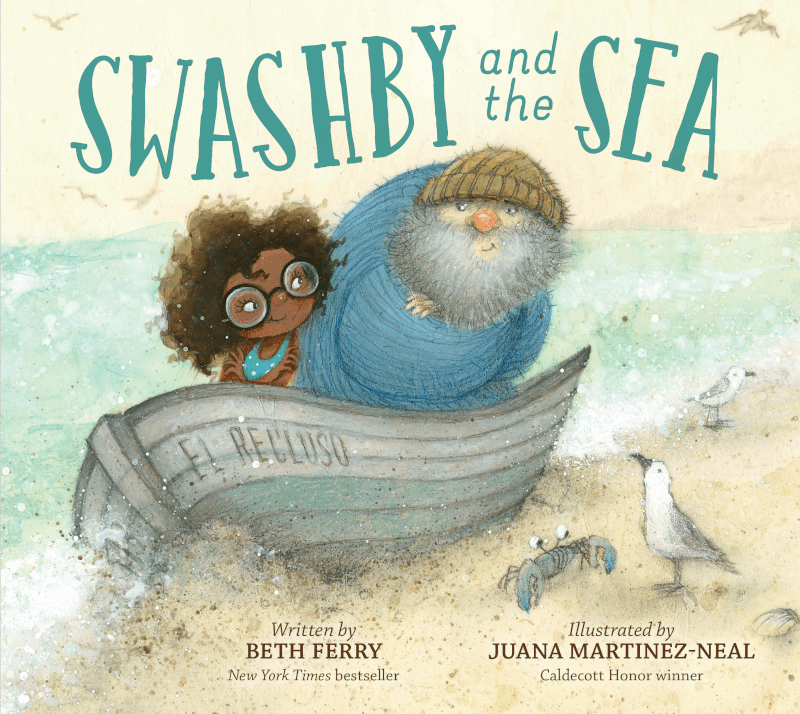
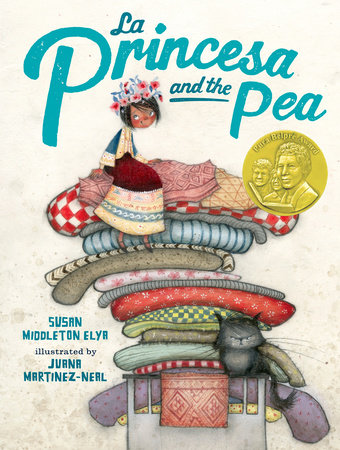
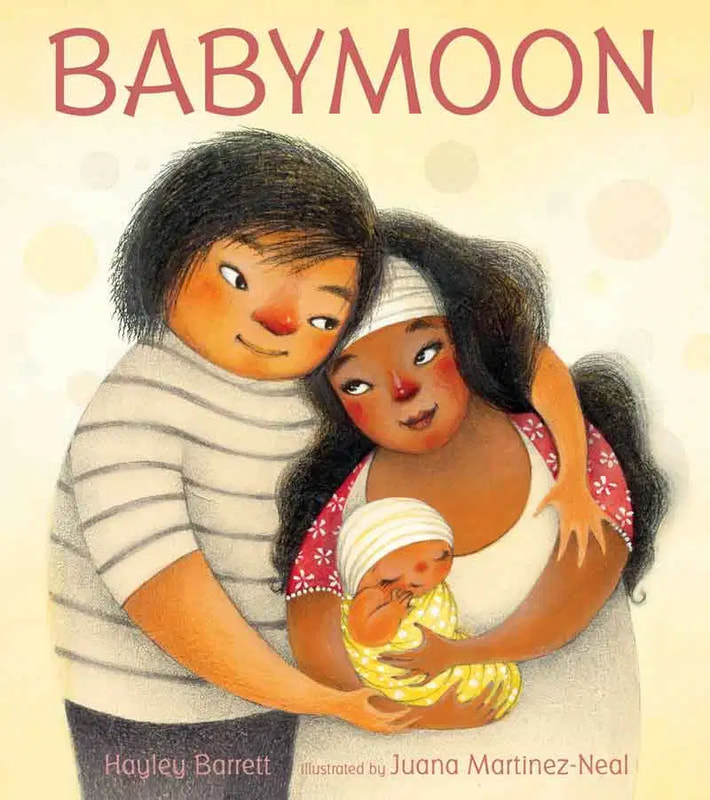
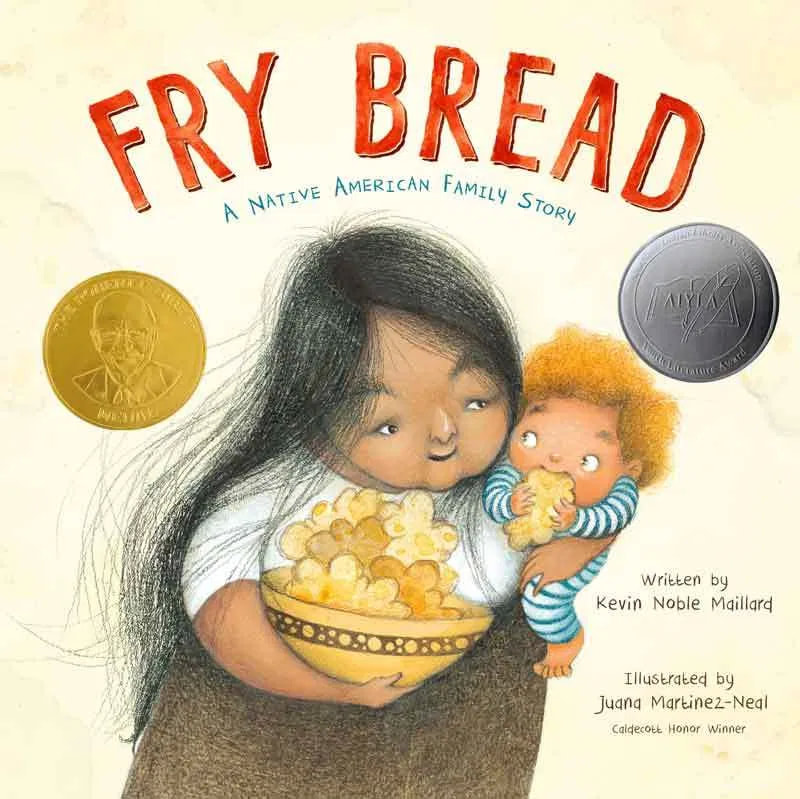
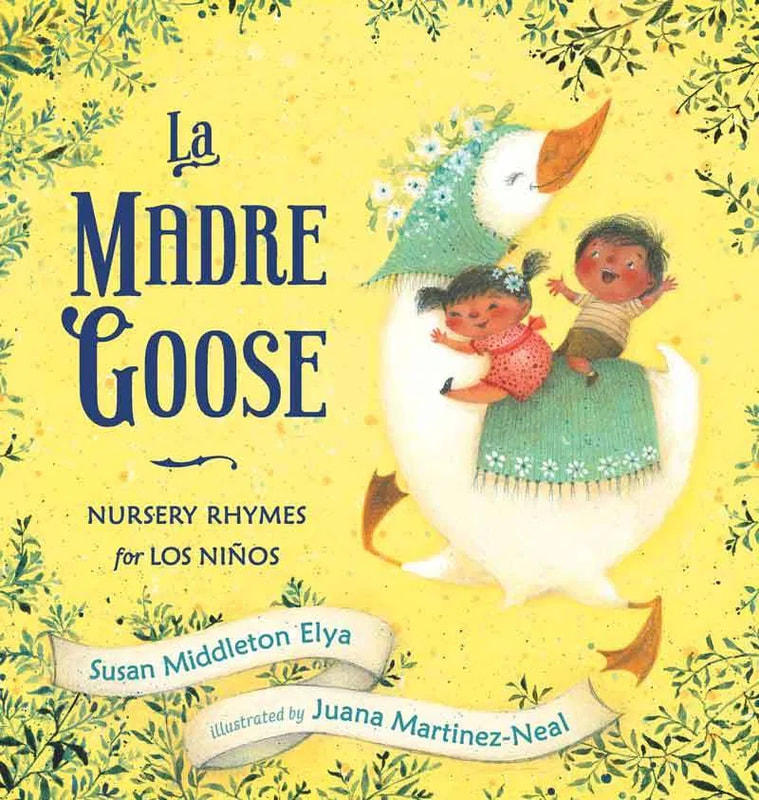
 RSS Feed
RSS Feed